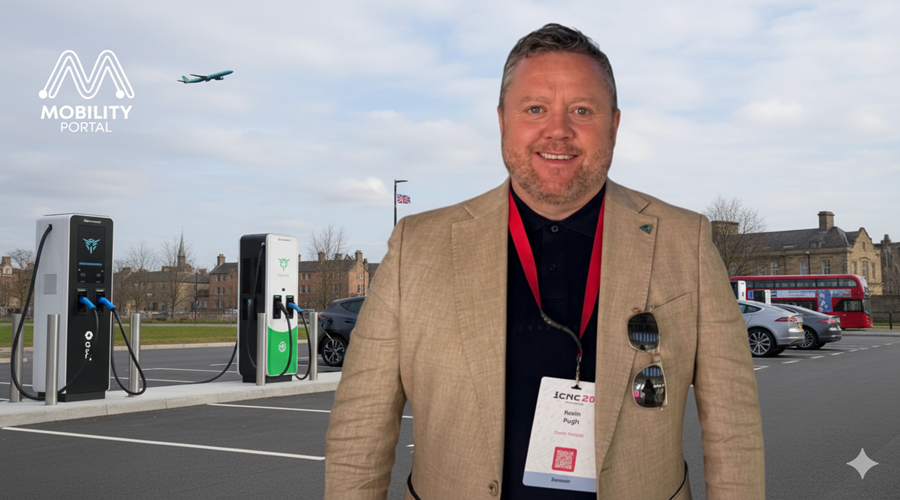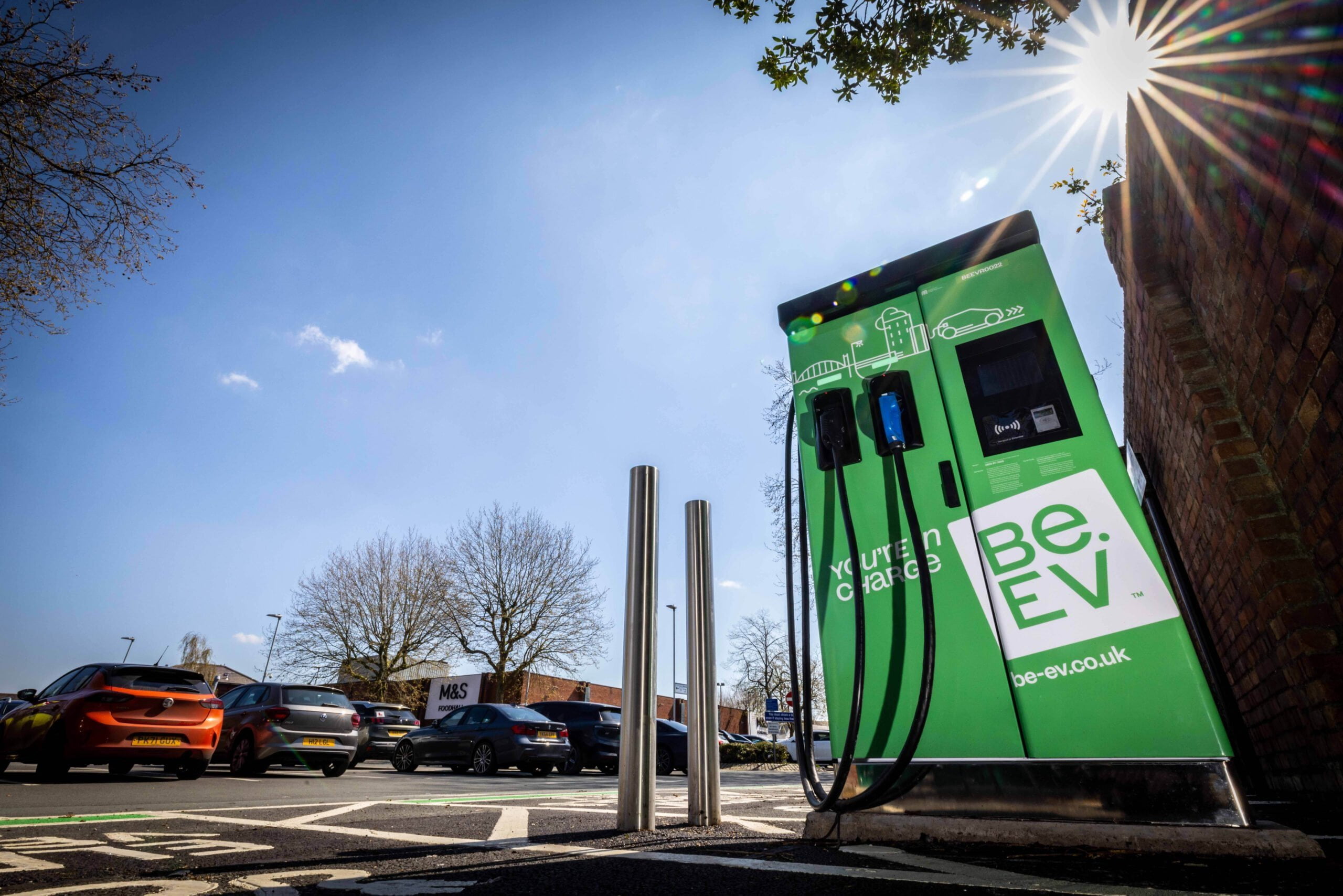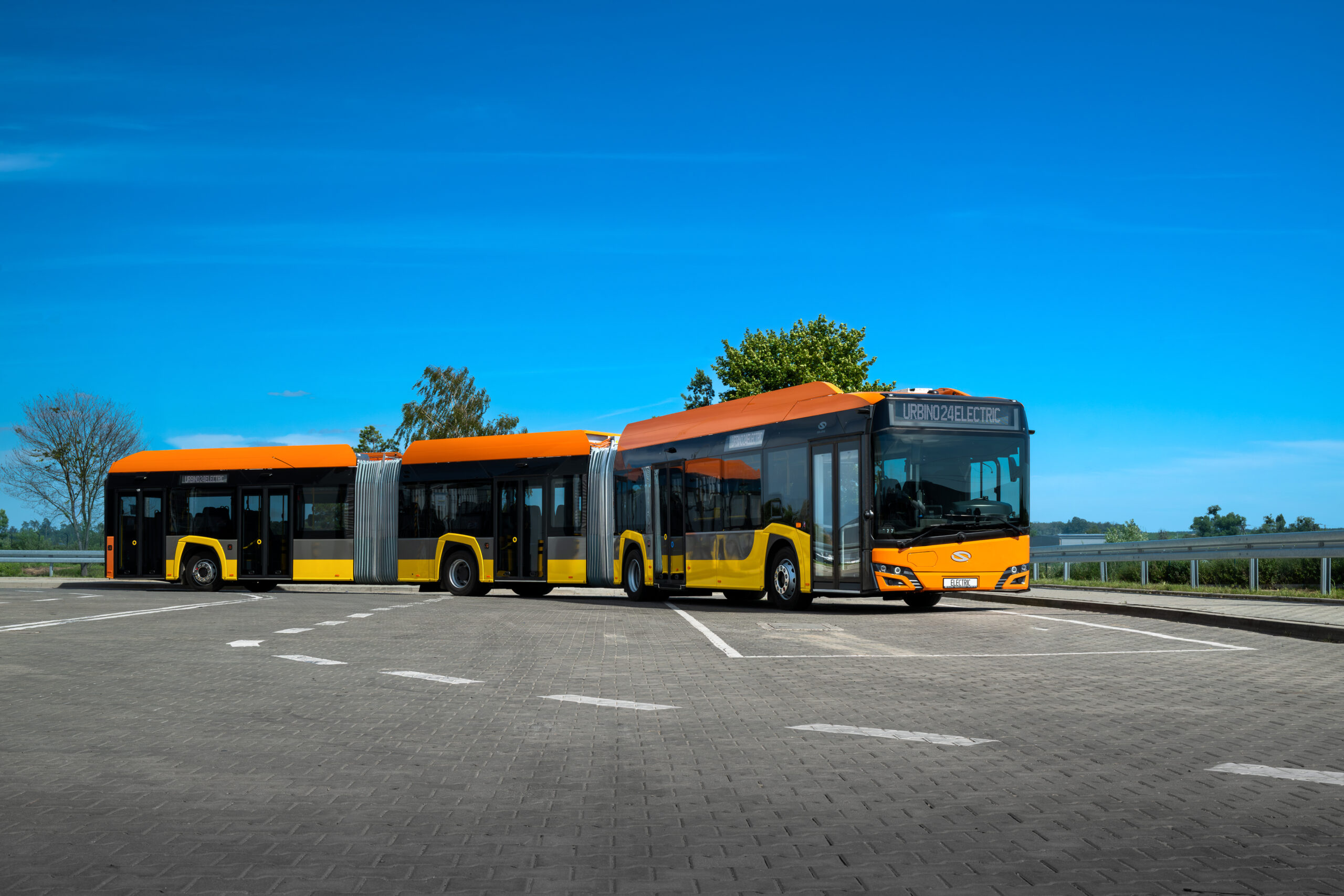Lidl is taking a major new step in its sustainability strategy.
Starting this autumn, the company will begin the gradual transition of its corporate vehicle fleet to fully electric — a goal it aims to achieve by 2030.
The transition is part of a series of concrete initiatives planned within the company’s Net Zero 2050 climate strategy, aimed at reducing its carbon footprint and improving the daily lives of its employees.
Greener Driving, Greater Comfort
Since April 2025, a representative pilot group has been testing a selection of high-quality, fully electric vehicles.
Employees are evaluating aspects such as comfort, driving experience, range, and charging.
The feedback has been overwhelmingly positive: more sustainable mobility without compromising the user experience.
Infrastructure and a Transition Already Underway
Lidl is no newcomer to electric mobility. Since 2016, the company has invested in charging infrastructure.
Today, more than 500 charge points have been installed in the car parks of its stores across Belgium and Luxembourg.
In addition, there are over 150 charge points for employees at the head office and regional offices — all powered by 100% renewable energy.
Lidl is therefore not only encouraging its employees to drive more sustainably, but also making it possible for its customers to choose a more environmentally friendly way of travelling.
Lidl 360° Sustainable Strategy
This move towards electrification is part of a broader approach:
- 2023: 16% of Lidl’s electricity was self-generated through rooftop solar panels and its own wind turbine
- 2024: the company surpassed 400 installed charge points
- 2025: End of home delivery of paper leaflets across Belgium
- 2030: Fully electric company vehicle fleet
- 2050: Lidl achieves Net Zero
Lidl is committed to reducing greenhouse gas emissions across all its operations — including its supply chain, where more than 90% of its total emissions are concentrated.
To reach this goal, the supermarket works closely with its suppliers, encouraging them to adopt science-based emissions reduction targets validated by the Science Based Targets initiative (SBTi).
By 2034, the company aims to reduce emissions from agriculture and land use by 42.4%, and by 35% in the energy and industrial sectors.
READ MORE
-
UK charger utilization “keeping pace” with EV growth, with no reports of unused sites
CPOs report strong growth and high charger use across the UK, with no unused sites, as infrastructure keeps pace with the expanding electric vehicle fleet.
-
Be.EV introduces new ultra-rapid EV charging tariffs from £0.39/kWh in the UK
The company launches a tiered pricing model with 24/7 discounted rates available through monthly subscriptions.
-
Transdev orders 55 Solaris electric buses for Arnhem-Nijmegen-Foodvalley concession
The fleet includes Solaris’s shortest and longest battery-electric models and will begin operation in mid-2026.










